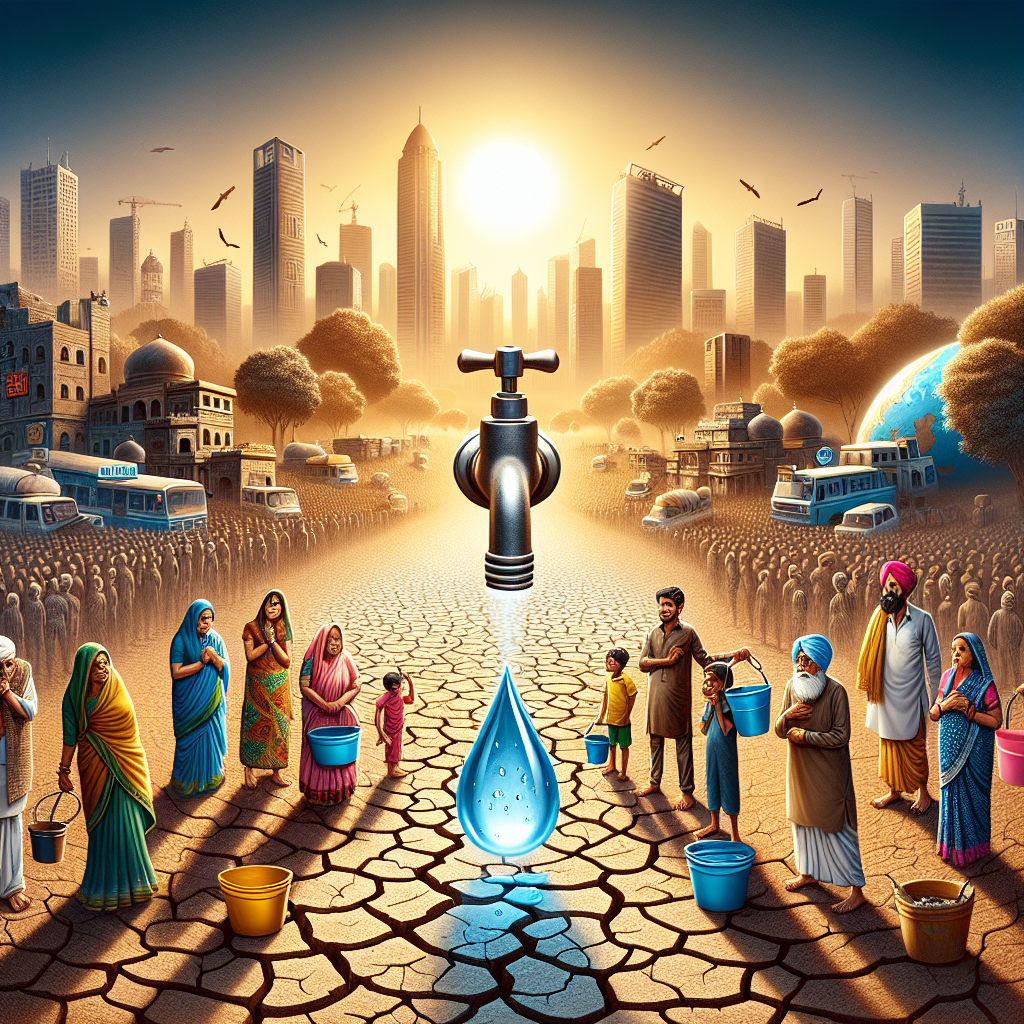Kabul's Water Crisis: The Daily Struggle of Survival
In Kabul, Afghanistan, families grapple with severe water shortages attributed to climate change and infrastructural issues. The crisis forces young children like Noorullah and Sanaullah to forgo schooling to fetch water, escalating health risks and socioeconomic disparity. Experts warn that Kabul could run out of groundwater by 2030.

Noorullah and Sanaullah, eight-year-old twins in Kabul, Afghanistan, spend their days wheeling jerrycans filled with water through dusty alleys, a stark reflection of the nation's worsening water crisis.
Once self-sufficient with a well, the family's supply dried up four years ago, forcing them into long queues or expensive tanker deliveries. Climate change has intensified Afghanistan's droughts, propelling Kabul into a dire situation marked by water scarcity, disease, and school dropouts.
Analyses suggest Kabul's groundwater may be depleted by 2030. Meanwhile, the urban poor devote significant income to secure tanker water, contrasting with the wealthy drilling deep private wells—fueling inequality and hardship in the Afghan capital.
(With inputs from agencies.)










